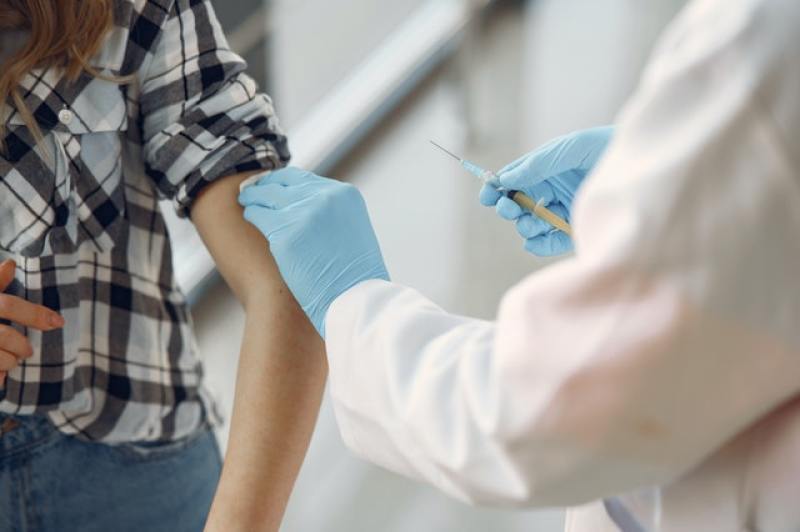
The United States Supreme Court rejected last Thursday some students' appeal of exemption against the Indiana University's vaccine mandate.
The Christian Post said Associate Justice Amy Coney Barrett denied the injunctive relief of the "Ryan Klaassen, et al., Applicants v. Trustees of Indiana University" case and did not provide the reasons why.
Faithwire, in addition, revealed that the students who filed the case challenged the mandate since it violated the 14th Amendment, particularly their right to due process. The mandate imposed by the university is said to be "adversely affecting Indiana University students."
According to Supreme Court documents, the case was filed by eight students against the university's Trustees. The said students were Daniel J. Baumgartner, Jaime Carini, Seth Crowder, Ryan Klaassen, Ashlee Morris, Macey Policka, Margaret Roth, and Natalie Sperazza. The students were represented by James Bopp, Jr of The Bopp Law Firm who addressed the appeal to Barrett last August 13 after being declined by lower courts that the university's mandate was unconstitutional.
The appeal questioned whether the vaccine mandate was a "violation of their constitutional rights to bodily integrity and autonomy and medical treatment choice so that IU must prove that its Mandate is justified, which the courts below erroneously failed to do."
The appeal also mentioned that the case was initially filed in July at the United States District Court for the Northern District of Indiana but was denied its preliminary injunction and motion of preliminary injunction before it was raised to the U.S. Court of Appeals for the Seventh Circuit. But the Seventh Circuit denied the motion for an injuction on August 2.
"All students are adults, are entitled to make their own medical treatment decisions, and have a constitutional right to bodily integrity, autonomy, and of medical treatment choice in the context of a vaccination mandate. IU, however, is treating its students as children who cannot be trusted to make mature decisions and has substituted itself for both the student and her attending physician, mandating a choice which is the student's to make, based on her physician's advice," the lawsuit's petition for appeal to Barrett pointed out.
"The only way such rights can be infringed is for IU to justify its override of the student's choice within the boundaries of the U.S. Constitution," it stressed.
Accordingly, former President Donald Trump's appointee decided on the case alone "without referring the request to the full court for a vote." ScotusBlog Writer Amy Howe, in her report on the said case, pointed out that the Supreme Court will "leave" the university's mandate "in place" and "will not interfere" with it.
"Barrett, who is responsible for emergency appeals from Indiana, denied the students' request without comment, without seeking a response from the state, and without referring the request to the full court for a vote--suggesting that she and the other justices did not regard it as a particularly close case," Howe revealed.
In line with the Supreme Court decision, Bopp expressed his and his clients's disappointment in a statement and revealed that the will continue in their "fight" for the lawsuit.
"We are disappointed that Justice Barrett refused to intervene and protect IU student's rights. Our appeal of the denial of the preliminary injunction is not effected by this ruling on the request for an emergency injunction and will continue. The fight is not over for a long shot," Bopp said.




















